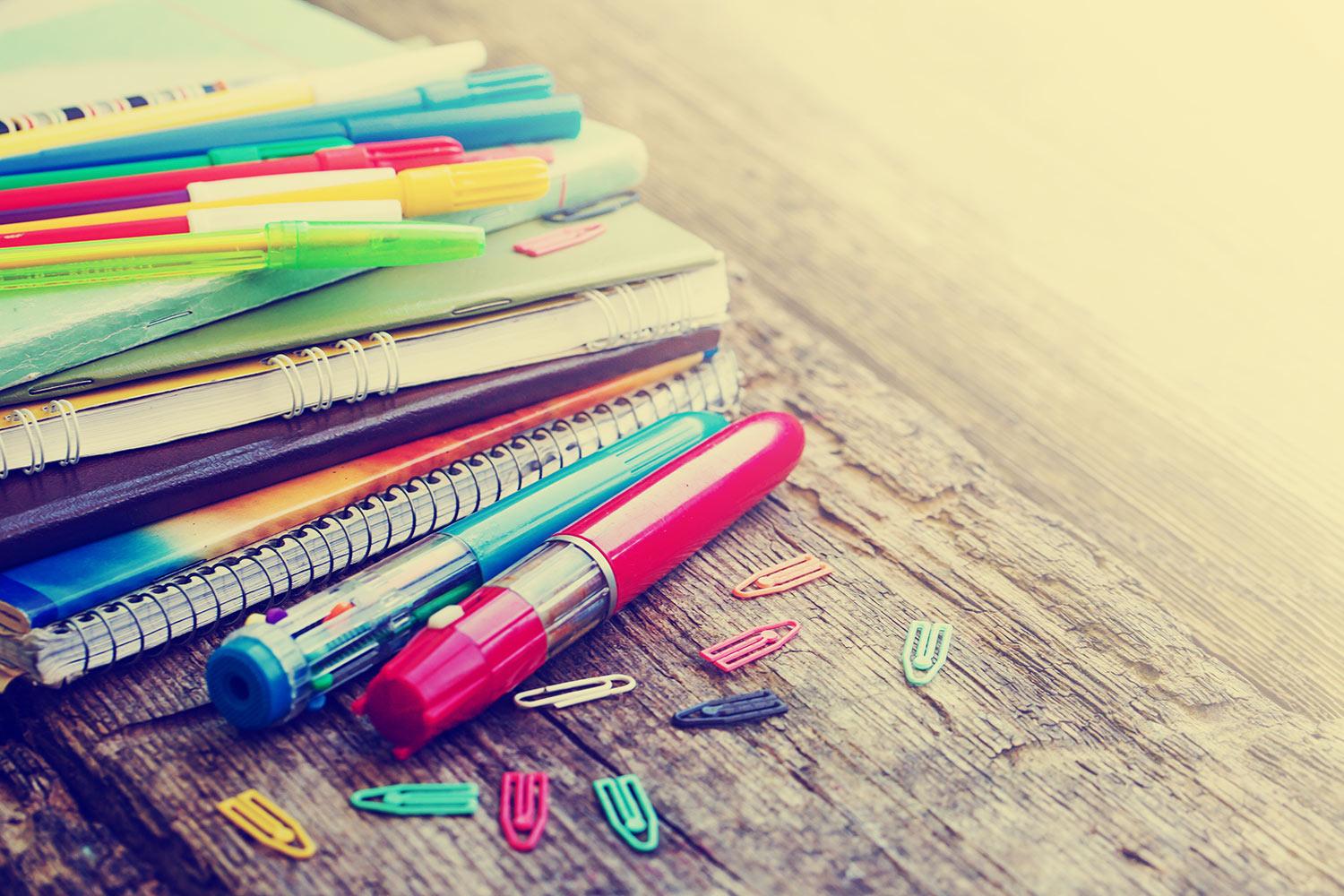
NKCHS IB Happenings
October 2022
October in IB World!
At the IB Retreat in September, we shared a list of important due dates and events with grade 11 and 12 students. When you look at the documents/calendar, you'll notice the dates are spread throughout the year as to try to avoid overwhelming students with many major assignments at one time. Many of these large projects are also broken up with milestone due dates prior to those listed to help students manage the load. Below are the documents with dates for juniors and seniors. Those dates are also found on a calendar view provided below.
What is the IB Learner Profile?
The IB Retreat - September 9
1. IB seniors answered the questions of juniors in a "speed dating" style format.
2. Ms. Thomas shared mindfulness strategies with the students to help them cope better under stress.
3. Students played IB charades, acting out silly sentences that highlighted the Learner Profile attributes.
4. Juniors spent time discussing what they've heard, what they're wondering, and what they've figured out about IB.
Group 4 Courses
Biology - At NKCHS, we offer standard level and higher level Biology. Using a wide variety of techniques, students in IB Biology explore the living world at all levels, from the molecular workings of the cell to the complex dynamics of an ecosystem.
SL/HL 1 Biology students are currently wrapping up an ecology unit where they created self-sustaining mesocosms. Students are also beginning to work on the internal assessment (IA) for biology. Ask your student what they plan to investigate! In HL 2 Biology, students are moving their focus to the highly detailed processes of cellular respiration and photosynthesis, the importance of each, and the connections between the two.
Chemistry - Also offered at both standard and higher levels, IB Chemistry provides students with academic study and practical and investigational skills as they deepen their understanding of a wide variety of areas, including atomic structure and bonding, thermodynamics, stoichiometry and measurement, and organic chemistry.
Currently in HL 2 Chemistry, students are revising their IAs, as well as reviewing year 1 concepts to develop a better understanding of the higher level concepts of atomic structure and the periodic table. SL and HL 1 Chemistry students are digging into periodic trends and reactions of halogens, which they will explore in a lab on Tuesday!
Environmental Systems and Societies (ESS) - This IB course spans Group 3 (Systems and Societies) and Group 4 (Sciences) as it provides students with a perspective of the interrelationships between environmental systems and societies through investigations of pressing environmental issues. ESS is offered at the standard level only.
ESS students at NKCHS have been learning a variety of population data collection techniques, including mark-capture and quadrant sampling. They will now work on creating dichotomous keys. The KC Water Department will be coming on Tuesday to speak to the students on water quality and macroinvertebrate sensitivity while giving them more techniques to determine water quality to guide them in their IA.
Sports, Exercise, and Health Science (SEHS) - This IB course, currently offered at standard level only, is brand new to NKCHS this year. SEHS incorporates the disciplines of anatomy and physiology, biomechanics, psychology, and nutrition, all studied in the context of sports, exercise and health.
After learning basic musculoskeletal anatomy, students in SEHS are analyzing how the body moves during physical activity.
Meet the Group 4 Teachers!
Margarita Araiza
Andrea Leonard
Dr. Tyler McSparin
Ed Squires
Branden Stilwell
The Group 4 Project Was a SUCCESS!
IBCP - Biomedicine Pathway
The Project Lead The Way (PLTW) Biomedical Science course sequence gives students interested in the medical profession an opportunity to explore real-world scenarios. Using an investigative approach, students work with topics such as disease, DNA analysis, and public health. Students also learn techniques used by medical professionals in hospitals and clinics today.
Principles of Biomedical Science (Year 1) - In this course, students explore concepts of biology and medicine as they take on roles of different medical professionals and collaborate to solve real-world problems, including a crime scene, diagnosing and proposing treatment to patients, tracking down and containing an outbreak in a hospital, and stabilizing a patient during an emergency.
Currently, students in PBS are carrying out a DNA extraction lab and gel electrophoresis to determine whose blood was left at the crime scene.
Human Body Systems (Year 2) - In HBS, students examine the interactions of human body systems as they explore their various functions. Students have the opportunity to build organs and tissues, use data collection software to monitor body functions, and take on the roles of biomedical professionals to collaboratively solve real-world cases.
Students in HBS are currently learning the skills to process skeletal remains in a missing person's case.
Medical Interventions (Year 3) - In MI, students explore how to detect and fight infection, screen and evaluate the code of human DNA, evaluate cancer treatment options, and prevail when body organs begin to fail ... all as they follow the life of a fictitious family and their real-world cases.
Currently, MI students are exploring antibiotics and their effect on different types of bacteria, including antibiotic resistance in the bacteria.
Biomedical Innovation (Year 4) - In this final course of the PLTW Biomedical Science sequence, students build on the knowledge and skills they've gained in previous courses to design innovative solutions for the most pressing health challenges of the 21st century. Students address topics ranging from public health and biomedical engineering to clinical medicine and physiology.
Students in BI are working on carrying out an experimental design for a human physiology problem.
Meet the PLTW Biomedical Science Teachers
Gabe McKinnis
Heather Shields
Who's Here to Help You?
IB Career-related Program Coordinator
IB Diploma Program Coordinator
IB Program Administrative Assistant
And Introducing ...
Madelynn Zimmerman (formerly Madelynn Kaster)
Please follow her on Twitter - @nkccounseling, and on Instagram - @nkchscounseling


























